4 Views· 29 June 2022
Bill Ackman: Why I'm Shorting The Market
Interested in seeing my full portfolio with explanations along with buy and sell alerts? Join my research platform here: https://www.patreon.com/casgains
Casgains's Recommended Investing/Business Books: https://docs.google.com/spread....sheets/d/1DI8ca5GLEf
My Second Channel:
https://www.youtube.com/channe....l/UCPkDot_lMk7HB_c68
Twitter: https://twitter.com/casgains
Instagram: https://www.instagram.com/casgainsacademy/
Contact for business inquiries only: casgainsacademy@gmail.com
Bill Ackman is a legendary investor, and for a great reason. Since 2004, he has averaged a return of 16.9% per year, significantly higher than the S&P’s average return of 9.6% over the same time frame. His expertise led him to make billions from the 2008 recession and turn $27 million into $2.6 billion during the pandemic. Ackman successfully made billions on the last two market crashes and is now betting big on what he believes will return massive amounts of money. Even though he is not liked by everyone, Ackman’s track record has shown that all retail investors should see what he has to say. This video will go in-depth on his new bet on one of the largest market crashes in history.
Bill Ackman utilizes two main strategies to achieve high returns. The first one is to use his influence to impact businesses that he is invested in, also known as activist investing. Ackman’s second strategy is arguably more lucrative, which is short term speculation. The second strategy is what we will focus on in this video. Bill Ackman is very intelligent with the ways he bets on short term movements because he always looks for asymmetric risk. Investors usually believe that taking on higher risk leads to higher reward, but that’s simply not true. Hedge fund managers like Ackman look for asymmetric risk, which means low risk and high reward. Ackman recently found a bet with substantial asymmetric risk. Everyone knows that inflation is continuing to accelerate despite the Fed previously touting inflation as transitory. The annual growth rate in consumer prices has accelerated from 1.2% in November 2020 to 6.8% in November 2021. That is obviously a drastic increase, and for a great reason. The Federal Reserve has been adamant about printing trillions of dollars into the economy with 0% interest rates and quantitative easing, which is when the Fed purchases bonds. The stock market has risen significantly in response to the Fed’s actions, but this won’t last forever. Bill Ackman gave a presentation to the Federal Reserve in late October 2021 explaining why the Fed should taper immediately. Ackman’s presentation exposed the inevitable market crash that will eventually result from a few impending factors. First of all, the government has injected $5.1 trillion of stimulus into the economy since the beginning of the pandemic. $5.1 trillion is 25% of the US GDP, which is unprecedented and has consequences. We can see the level of spending from the federal reserve from this graph of the Fed’s total assets. The Fed is continuing to purchase hundreds of billions of dollars worth of bonds, which is temporarily saving the economy. These actions are delaying future economic problems rather than fixing them. We can see this from Fed chair Jerome Powell’s response to inflation, which he sees running into next year. The stock market never crashes out of nowhere. There are always events that intensify to a point that triggers a market crash. The Fed’s actions have left two options that both result in devastating outcomes. The first one is to raise interest rates and stop quantitative easing for the sake of the economy. Doing this would almost certainly crash the stock market, but save the US dollar from accelerating inflation. In simpler terms, Powell could stop printing so much money to stop inflation, but crash the economy in the meantime. The second option would be to not taper and keep interest rates at 0% to let inflation accelerate. In other words, the second option is to keep the money printer printing. This option would be even worse than the first one, because inflation would still crash the economy while simultaneously destroying the US dollar. Bill Ackman is advising the Fed to go with the first option, which is to taper immediately and begin raising rates. In essence, the market already crashed, but now the Fed needs to just choose the outcome that isn’t as worse. Ackman elaborated on this by saying, “we are continuing to dance while the music is playing and it is time to turn down the music and settle down.”
This was in reference to Margin Call, a movie that detailed a hypothetical scenario where the economy was going to crash.
The economy has been booming and Bill Ackman is continuing to dance while the Fed keeps interest rates at 0%.




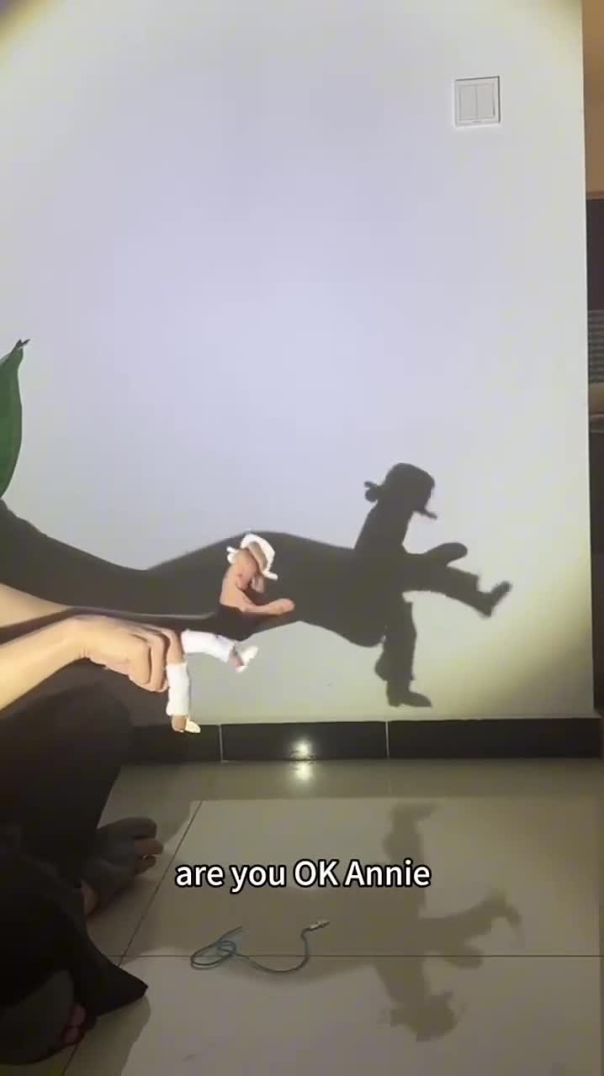
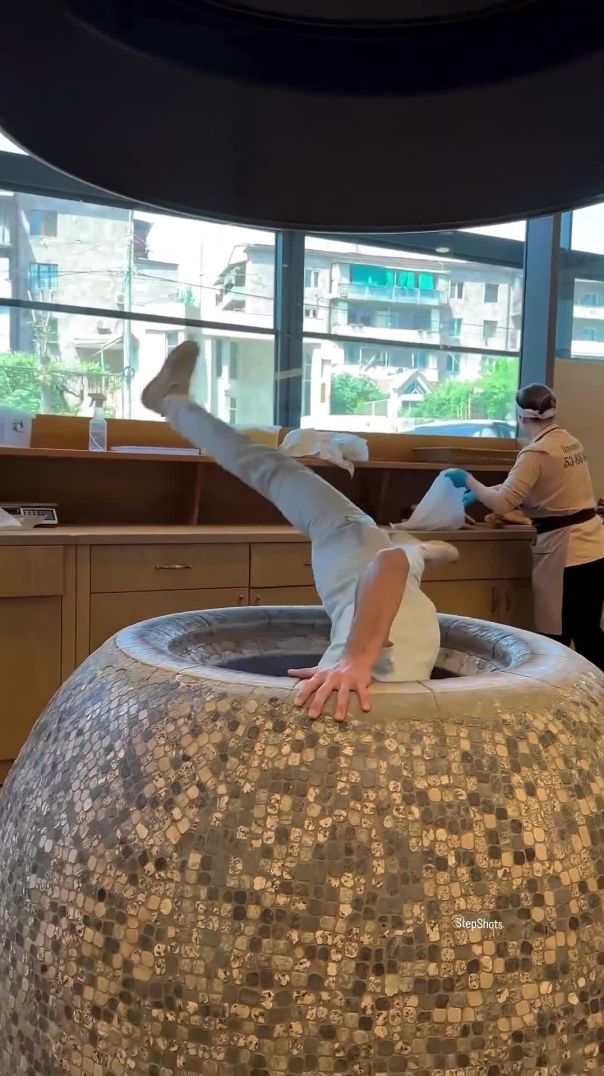






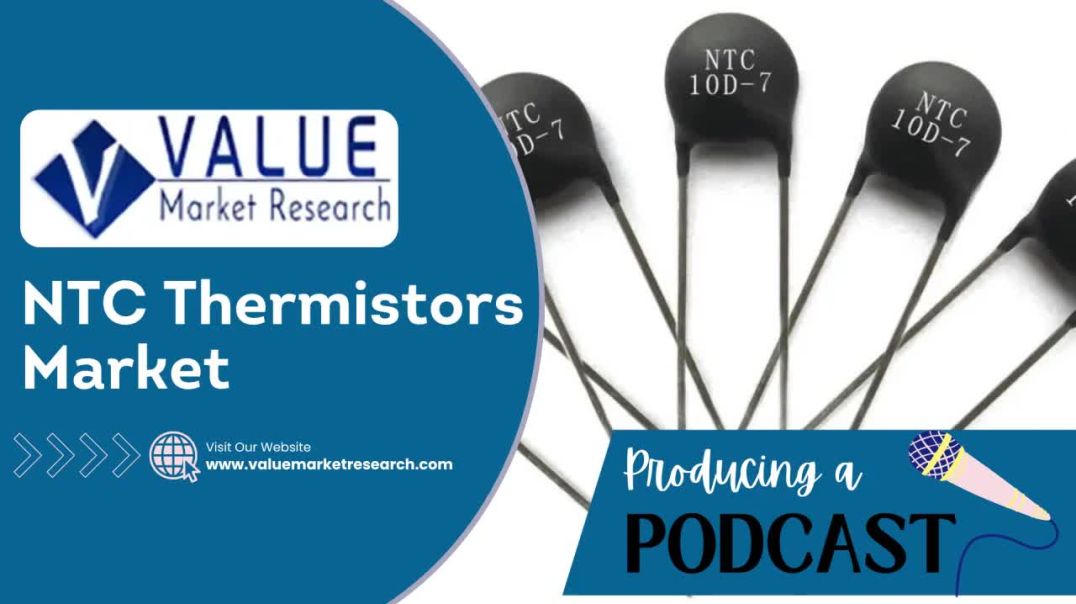
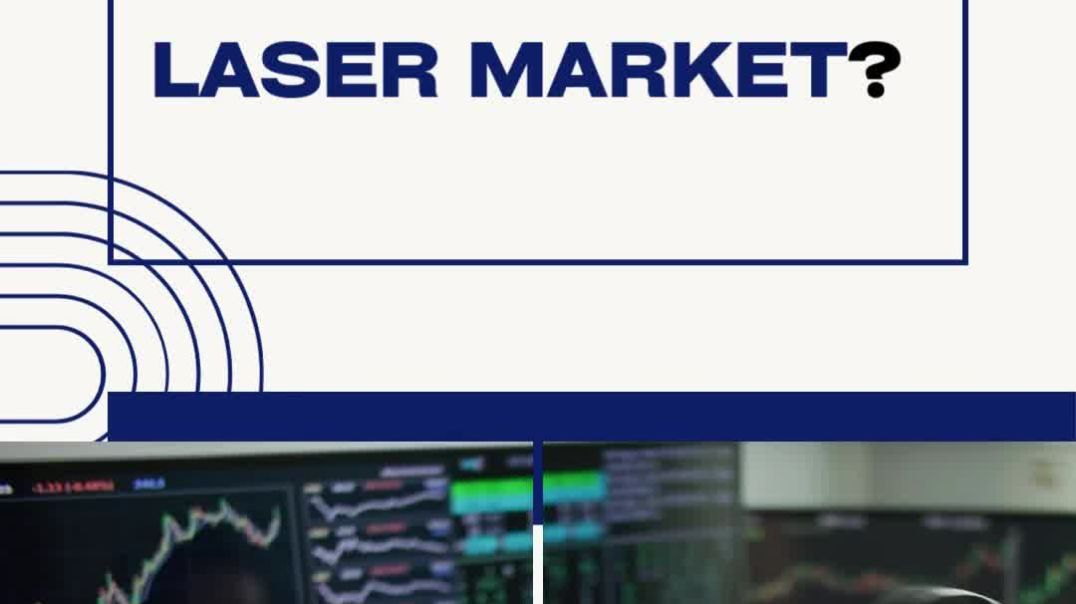
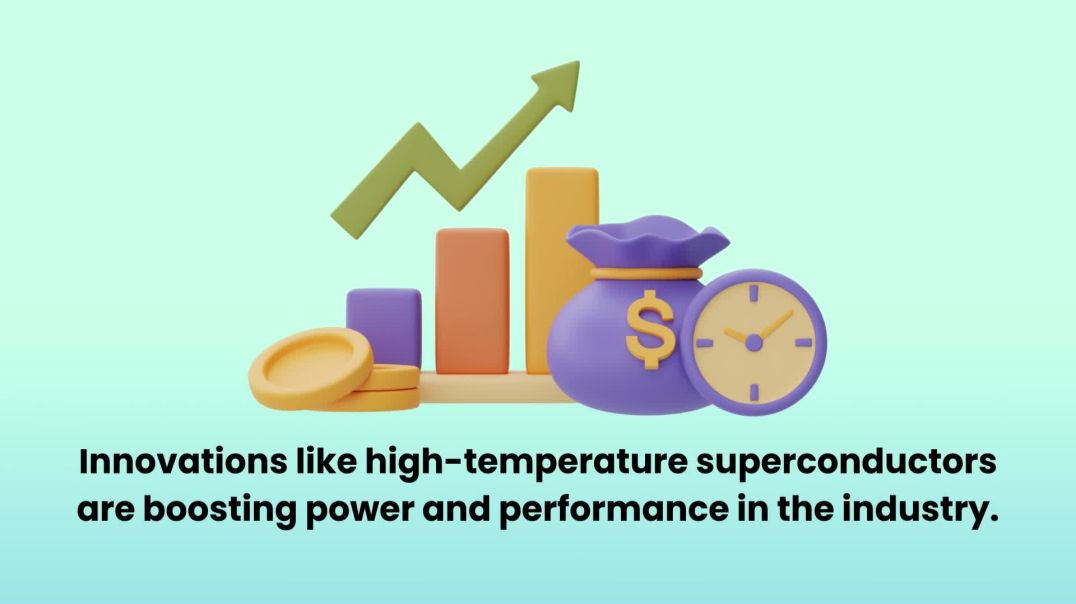
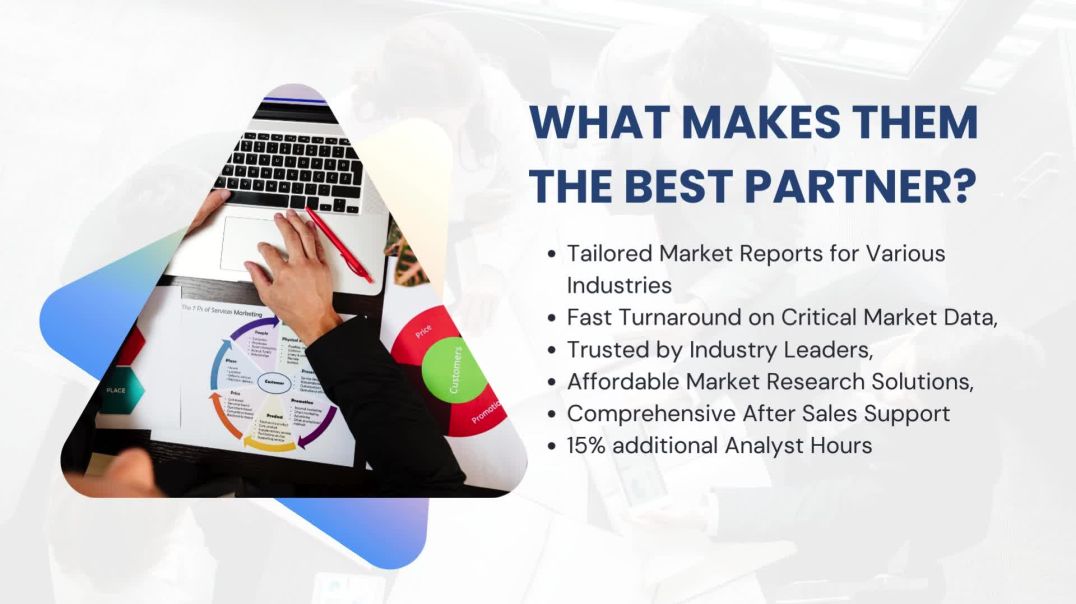
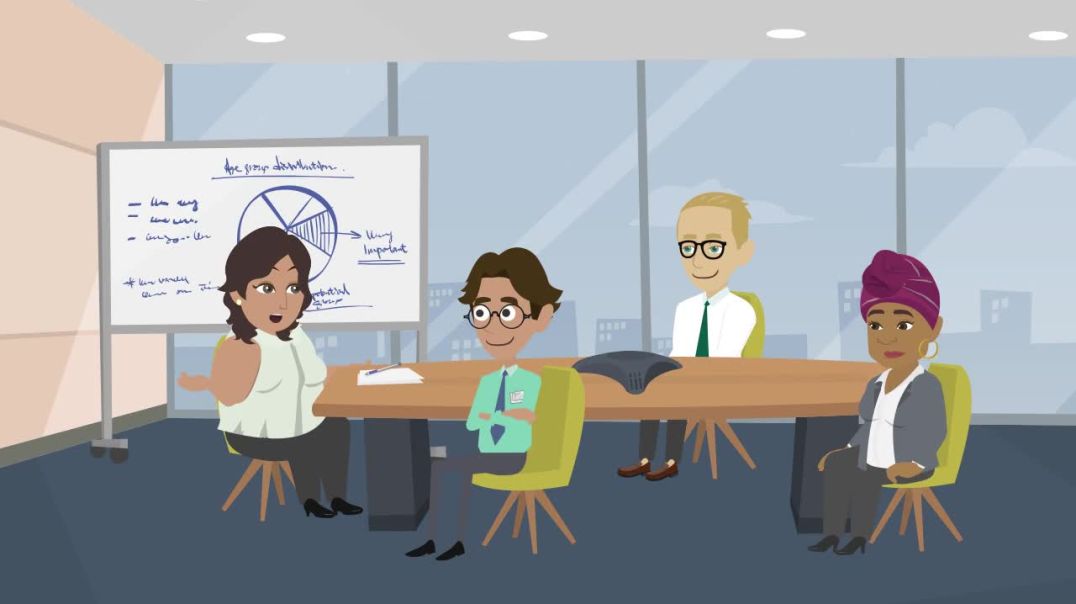





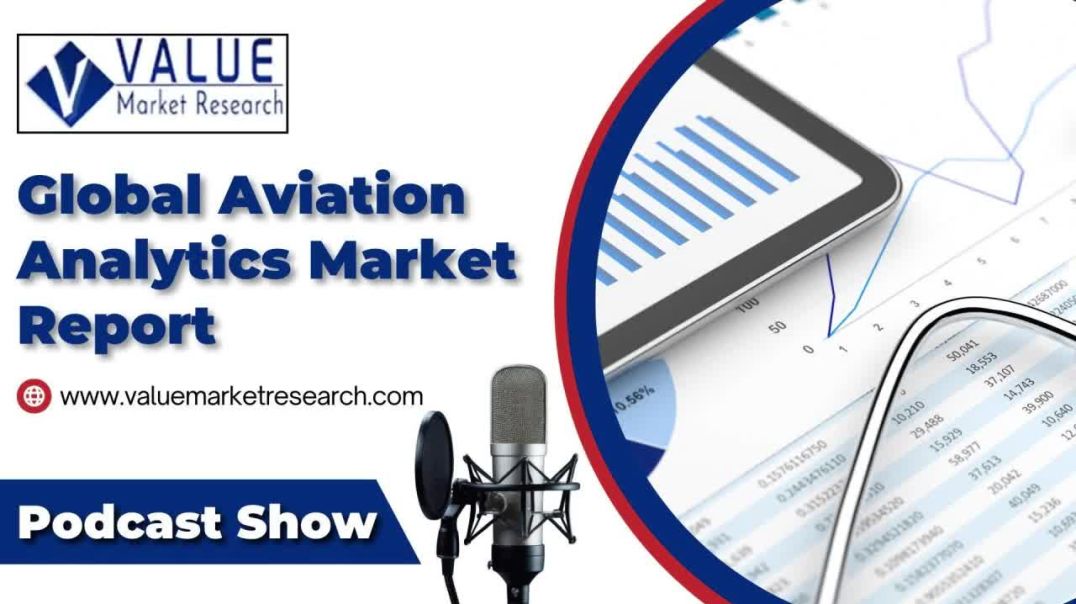
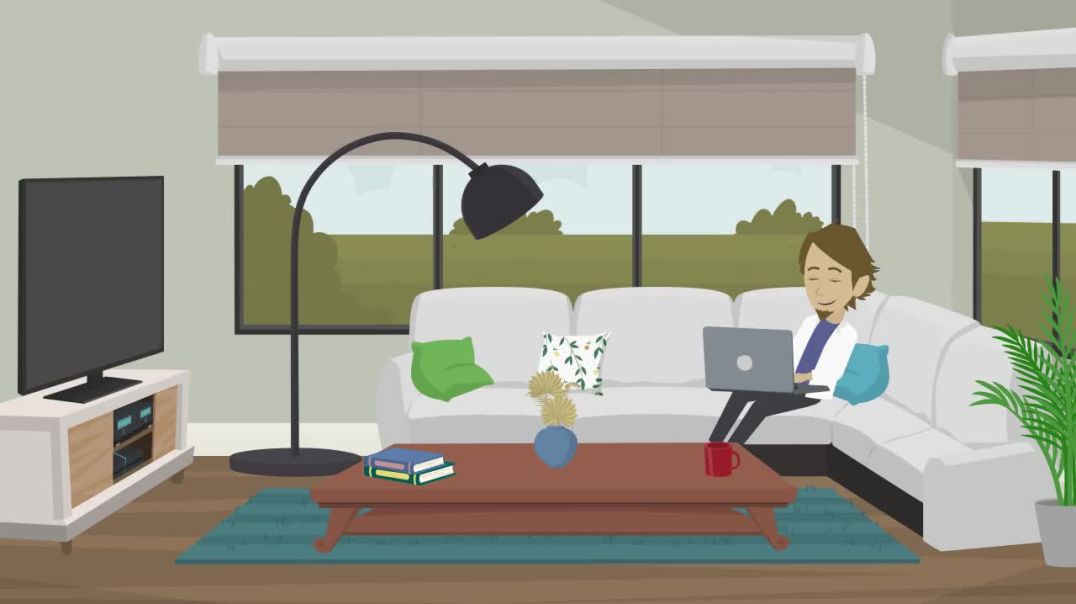
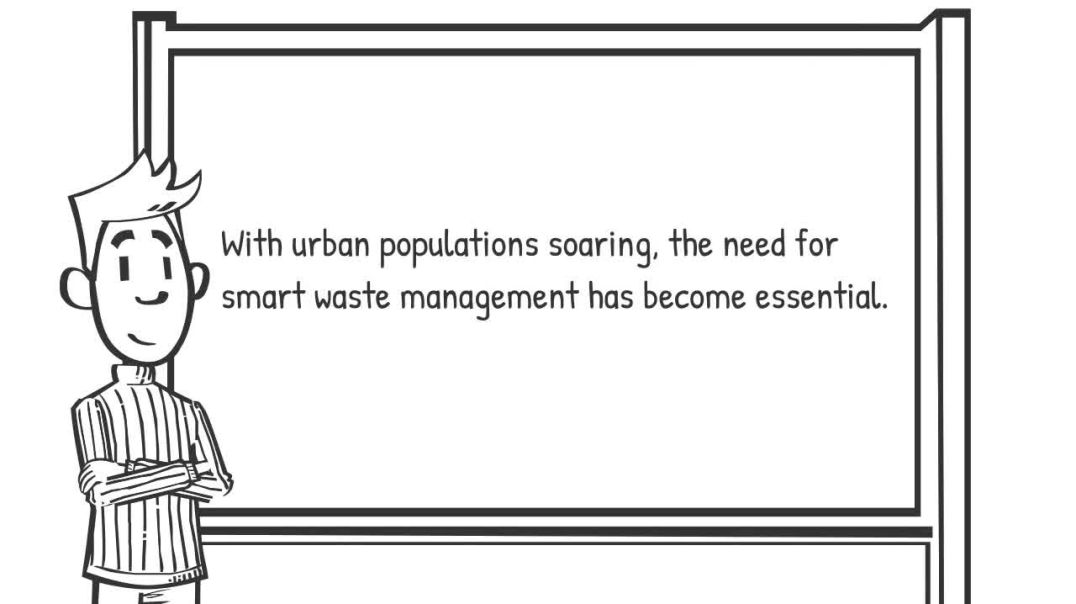
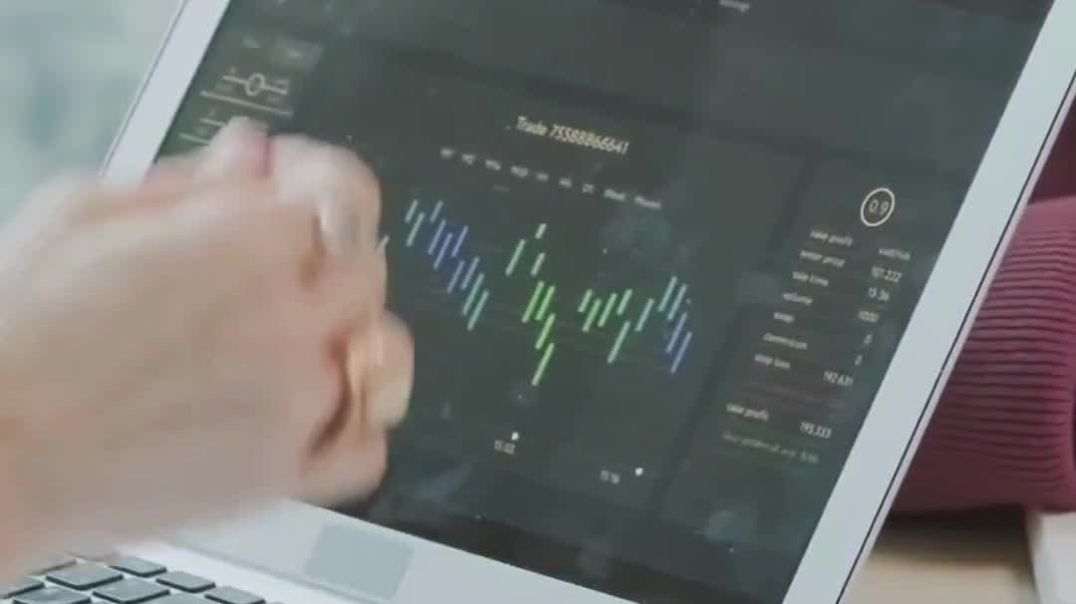

0 Comments